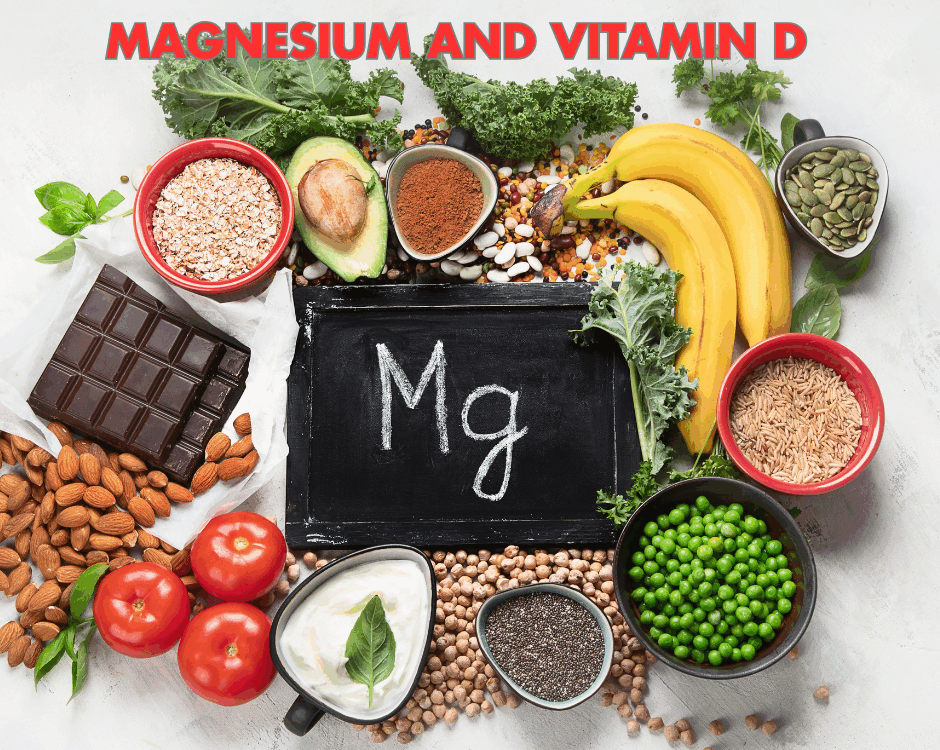American Cancer Society Reports Lifestyle Causes of Cancer

Stages of Soft Tissue Healing Following a Car Accident
July 24, 2024
Honey Honey Honey
July 30, 2024- Accident doctor
- accupuncture
- airplane headache
- alzheimer's
- best habits
- Brain Injuries
- car accident
- car accidents
- cervical strain
- colds
- concussion
- Concussions
- disc bulge
- dosage meds
- dry needling
- dull pain
- E bike injuries
- florida
- good posture
- headaches
- Headrest positions
- Headrest positions after an accident
- Healthy choices
- Healthy flying
- healthy gift guide
- Healthy SPring Ideas
- hip pain
- hyperextension
- injury doctor
- insurance
- Kayaking
- kentucky
- kids motion sickness
- lifestyle
- motion sickness
- neck injury
- no fault insurance doctor
- noise healing
- osteoporosis
- pain symptoms
- pink noise
- posterior chain
- posture
- prevent osteoporosis
- Rest
- Scoliosis
- shoulder pain
- Stress with kids after a motor vehicle accident
- TBI
- tips
- tmj
- torn muscle
- Traumatic Brain Injury
- trigger points
- VitaminD
- What are Post Traumatic headaches?
American Cancer Society Reports
Cancer remains a leading cause of death worldwide. It has touched the hearts of almost everyone, but for certain cancers we are once again reminded of how our lifestyle can lead to this devastating disease. Understanding and addressing these lifestyle factors can significantly reduce cancer mortality. The American Cancer Society’s recent report sheds light, once again, on the most critical lifestyle factors contributing to cancer deaths. Dr. Aaron Workman, a top chiropractor at one of the highest rated medical care facilities in the Lexington area for people injured in a car accident, discusses five of the most detrimental lifestyle factors in cancer mortality found in the report by the American Cancer Society.
- Cigarette Smoking
Smoking is the biggest, changeable risk factor for cancer. It accounts for nearly 30% of all cancer deaths in the United States. Smoking is directly linked to lung, colorectal, pancreatic, and cervical cancers. For those who smoke, quitting is the most effective way to reduce cancer risk. Even if you have smoked for many years, stopping can significantly lower your risk. For non-smokers, avoiding secondhand smoke is also important, as it can cause lung cancer and other health issues.
- Obesity
Obesity is another huge lifestyle factor contributing to around 16% of cancer deaths. Obesity, a chronic condition where the body has accumulated too much fat, increases the risks of colorectal, pancreatic, and breast cancers. A balanced diet and exercise are the steps needed to reduce this risk.
- Unhealthy Diet
What you decide to eat plays a role in cancer risk. The body relies on your food choices for proper function, macro and micronutrients. Unfortunately, diets high in processed meats, high sugar drinks, and low in fruits and vegetables have been linked to an increased risk of several cancers. These include colorectal and pancreatic cancers. Poor dietary habits that lead to obesity, further increase cancer risk. Just the opposite, foods high in antioxidants, vitamins, and minerals support your body’s ability to fight off diseases.
- Physical Inactivity
The lack of movement is a not only a risk, but also contributes to obesity and other health conditions that increase cancer risk. Regular physical activity helps maintain a healthy weight, improves immune function, and reduces inflammation. These positive habits are also protective against cancer. Starting regular activity into your routine can be as simple as taking daily walks, bicycling, swimming, or finding an activity outside.
- Alcohol
Moderate alcohol consumption is linked to liver, breast, and colorectal cancers. The American Cancer Society recommends no more than one drink per day for women and two drinks per day for men. If you are at high risk, consider just cutting alcohol or saving it for special events.
By addressing these particular lifestyle factors, you can significantly reduce your risk of particular cancers and improve your overall health. This targeted change may seem challenging, but even small steps can make a big difference over time. We know there is no absolute cure for cancer at this time but educating yourself about the risks and taking proactive measures can help you lead a healthier, and hopefully longer life.
— This article is written by Aaron Workman, DC, one of the members of Chambers Medical Group’s team of car accident chiropractors who offer a variety of treatments and therapies ranging from diagnostic testing to various soft tissue therapies for car accidents and injuries in Kentucky.
- Car Accident Medical Clinic in Tampa
- Car Accident Medical Clinic in Plant City
- Car Accident Medical Clinic in Brandon
- Car Accident Medical Clinic in Lakeland
- Car Accident Medical Clinic in Sarasota
- Car Accident Medical Clinic in Louisville
- Car Accident Medical Clinic in Lexington
- Car Accident Medical Clinic in Florence




